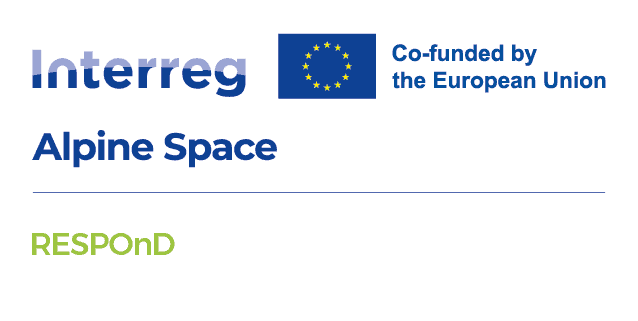
Overview
Small-scale Alpine vineyards represent a remarkable blend of culture, economy, and ecology. Yet, Alpine Wine Orchards (AWO) are increasingly threatened by water deficits and drought stress, and by extreme weather events, which are leading to a decline in wine quality and threatening the sustainability of the wine sector. This jeopardises traditional cultivation practices and activities that have shaped local identities, cultural heritage, and economies for centuries. RESPOnD co-designs Ecosystem-based Adaptation (EbA) and sustainable development solutions with wine practitioners and decision-makers. By validating EbA solutions on the ground and disseminating the knowledge, RESPOnD will contribute to the transition towards climate-resilient management and governance of AWO.
Factsheet
- 2021 – 2027
- Climate resilient and green Alpine region
- SO 1.1 - Promoting climate change adaptation and disaster risk prevention, resilience, taking into account eco-system based approaches
-
- AG6 Natural resources
- AG7 Ecological connectivity
- AG8 Risk governance
- 09/2024
- 08/2027
- 2.210.915 EUR
- 1.658.186 EUR
Partners
- 46.494530211.3472734
- 44.09897479.7386704
- 45.70173617.2476561
- 48.03967977.1383559
- 43.70417517.2741061
- 47.830041716.5322869
- 45.884248313.9106918
- 45.9423231513.639092655032464
- 49.927079611.587226615128671
































Outcomes
-
Report on the current conditions and resilience levels of AWO
RESPOnD identifies AWO areas across the AS using a harmonized approach and quantifies the multiple benefits they deliver in terms of ES. Moreover, it provides a collection of wine-specific high-resolutions maps of climate change projections (temperature and precipitation) targeted to inform practitioners, the wine sector, and public authorities at all levels. -
EbA approaches and transition pathways implemented in AWO pilots
Pool of tested EbA approaches with a particular focused on the experiences gained in implementation phase in pilots: description of the success, enabling and hindering factors, the scalability and transferability potential of identified strategies to other Alpine regions (and beyond), acceptance levels among stakeholder, the actions and resources needed for its potential adoption. -
Validated EbA approaches and transition pathways for AWO
Validated solutions for the adoption of EbA measures in AWO, reflecting lessons learned from pilot experiences and outlining different pathways to make AWO more climate resilient. A pool of recommendations and examples is available to support stakeholders and target groups in their transition to more sustainable forms of viticulture across the AS cooperation area. -
Online information and learning environment to mainstream ecosystem-based thinking in AWO
Modular open online platform that supports stakeholders and decision makers in learning, analysing and strategical planning of EbA strategies, specifically designed for AWO. It provides: (i) spatially explicit information on ecosystem services and climate impacts, (ii) learning opportunities around the topics of adaptation and resilience building, and (iii) best practice examples and case studies of successful implementation.
Pilots
-
Bassa Atesina Valley (South Tyrol, Italy)

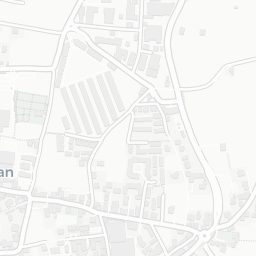




-
Manarola, Riomaggiore (Cinque Terre National Park, Italy)
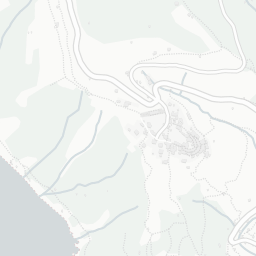





-
Torrette DOC (Aosta Valley, Italy)






-
Ballon des Vosges Regional Nature Park (Alsace, France)
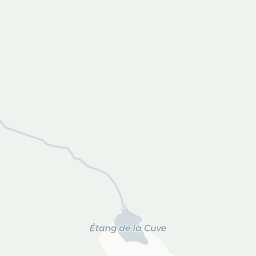





-
Eisenberg (South Burgenland, Austria)






-
Upper Vipava Valley (Ajdovščina and Vipava Municipalities, Slovenia)
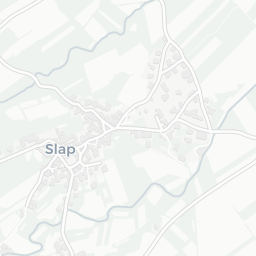





-
Franken (Bavaria, Germany)






Project calendar



